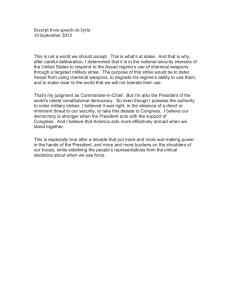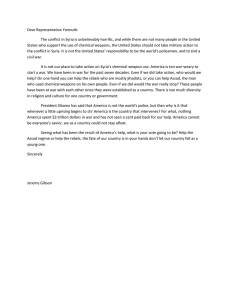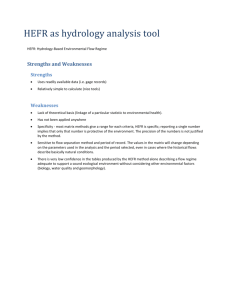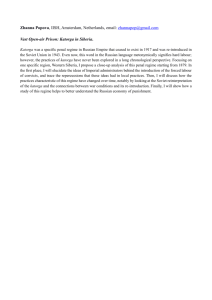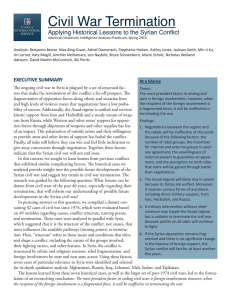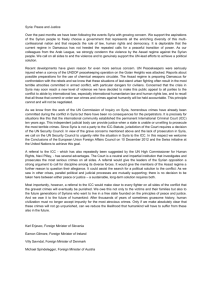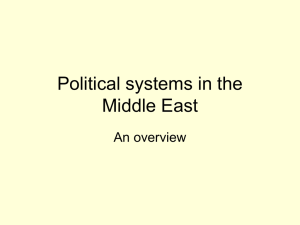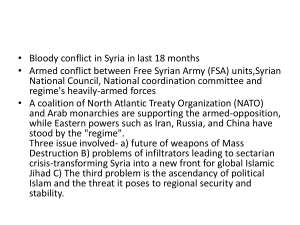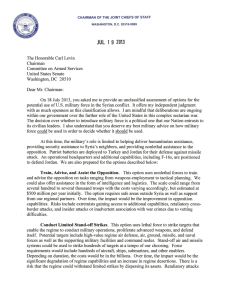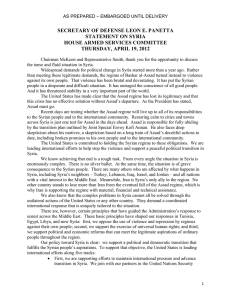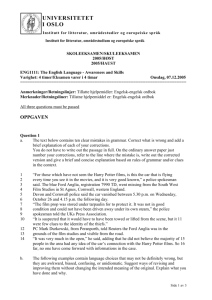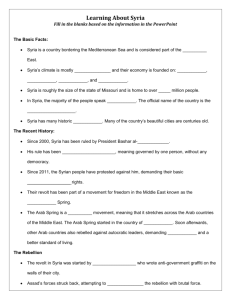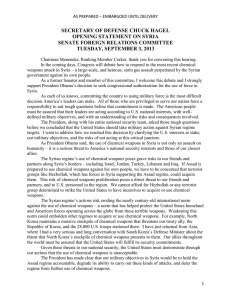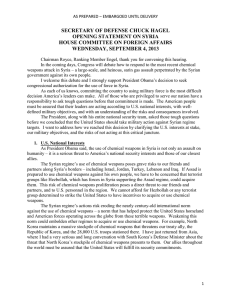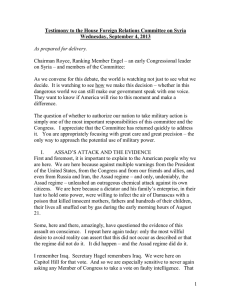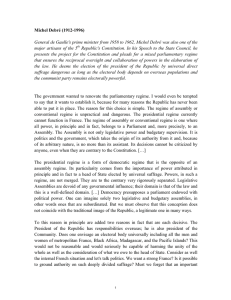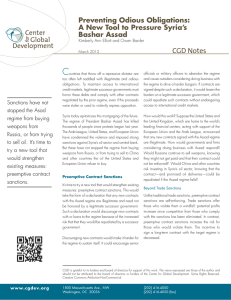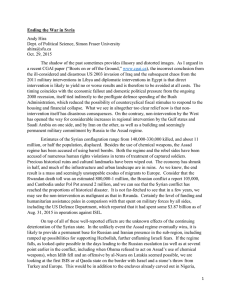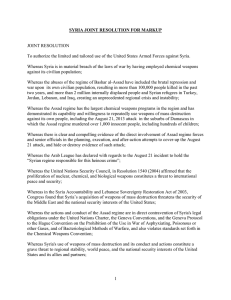HOUSE ARMED SERVICES COMMITTEE STATEMENT OF GENERAL MARTIN E. DEMPSEY, USA
advertisement
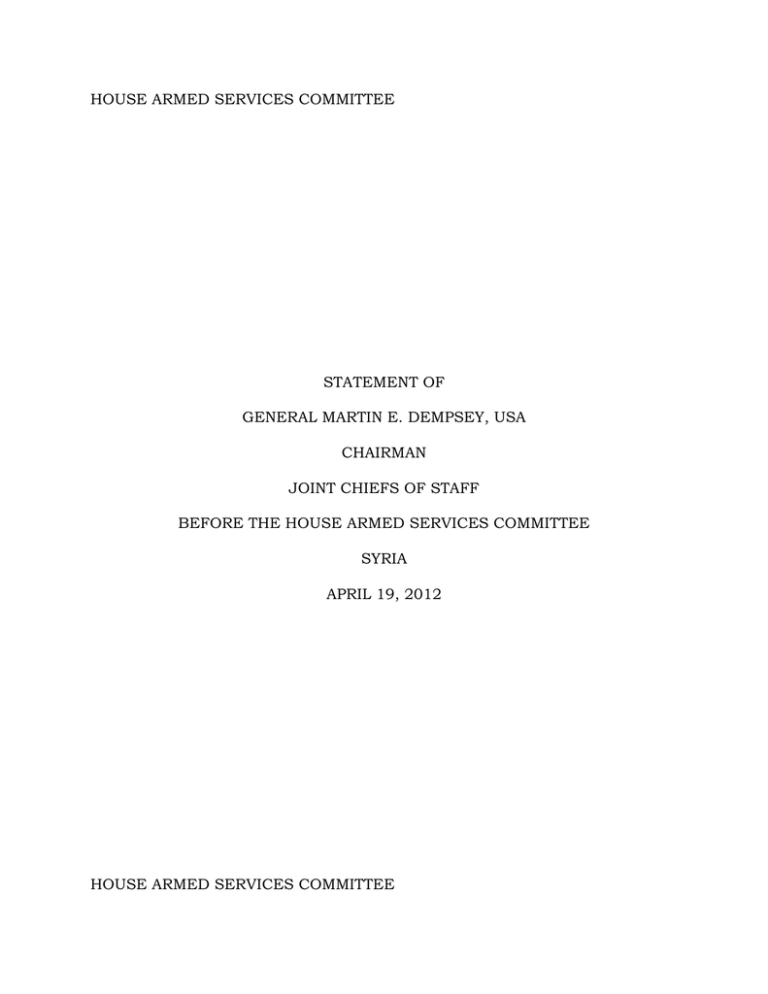
HOUSE ARMED SERVICES COMMITTEE STATEMENT OF GENERAL MARTIN E. DEMPSEY, USA CHAIRMAN JOINT CHIEFS OF STAFF BEFORE THE HOUSE ARMED SERVICES COMMITTEE SYRIA APRIL 19, 2012 HOUSE ARMED SERVICES COMMITTEE (THIS PAGE INTENTIONALLY LEFT BLANK) 2 Mr. Chairman, Congressman Smith, and distinguished members of the Committee, I appreciate this opportunity to discuss with you the evolving situation in Syria. The situation is tragic—for the people of Syria and for the region. Real democratic reform should have been the Assad regime’s response to last year’s peaceful protests. Instead, the regime responded with brutality. When ordinary Syrians tried to defend their homes, the regime opened up with an arsenal of heavy weapons. When the Arab League acted to end the bloodshed, the Assad regime actually escalated the violence. And the regime’s response to Kofi Annan’s cease fire plan has offered little new encouragement. The Syrian people are suffering. These internal convulsions are having consequences for a region already in turmoil. Refugees are fleeing. Sectarian impulses are emerging. Spillover into neighboring countries—each one a partner or ally of ours—is an increasing concern. We also need to be alert to extremists—who may return to well-trod ratlines running through Damascus—and other hostile actors—including Iran—which has been exploiting the situation and expanding its support to the regime. And, we need to be especially alert to the fate of Syria’s chemical and biological weapons. They need to stay exactly where they are. The regime’s brutality has catalyzed a growing international consensus to compel Assad and his accomplices to stop killing their own. With other conscientious nations, the United States is applying diplomatic and economic pressure on the regime, supporting the opposition, and providing humanitarian assistance. 3 Our military’s role has been limited to sharing information with our regional partners—each one very capable in its own right. Should the armed forces of the United States be called on to help secure U.S. interests in other ways, we will be ready. We maintain an agile regional and global posture. We have solid military relationships with every country on Syria’s border. We know how to integrate our unique capabilities with others. Should we be called, our responsibility is clear—provide the Secretary of Defense and the President with options. This is what the nation expects of us. Any potential option needs to be judged in terms of several criteria. One is suitability—whether the actions will help produce the intended outcome. Another is feasibility—whether we can accomplish the mission with the time and resources available. We will also consider its acceptability—whether the action is worth the cost and is consistent with law. We have a further responsibility to articulate risk. All options require us to take some risk—time and capacity have limits. All options also come with unintended consequences. We can anticipate some, but many we cannot. Therefore, we need to be clear-eyed about the potential implications for our other global responsibilities. In closing, I want to assure you and the Nation. America’s armed forces are always ready to answer our Nation’s call. 4
